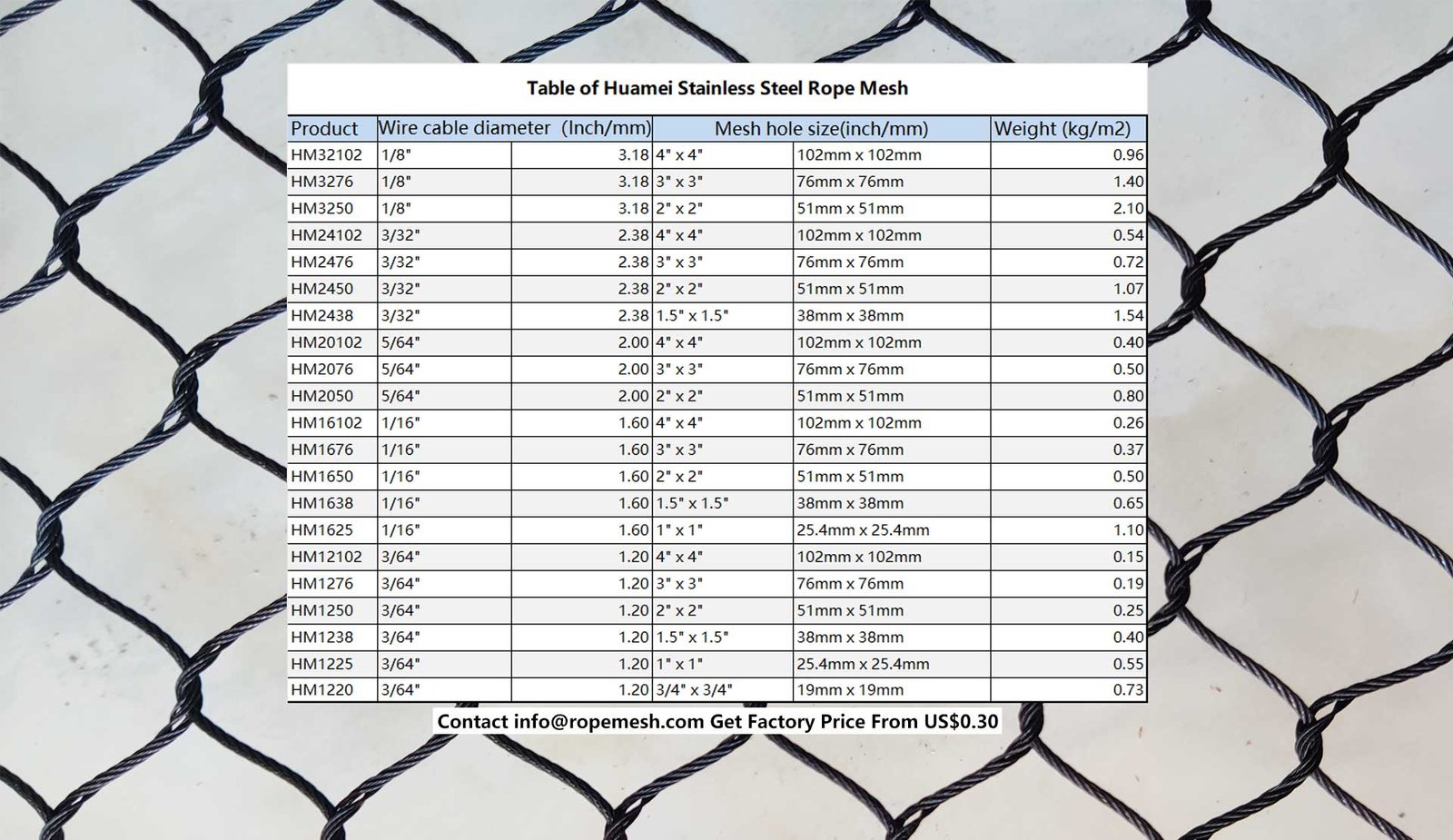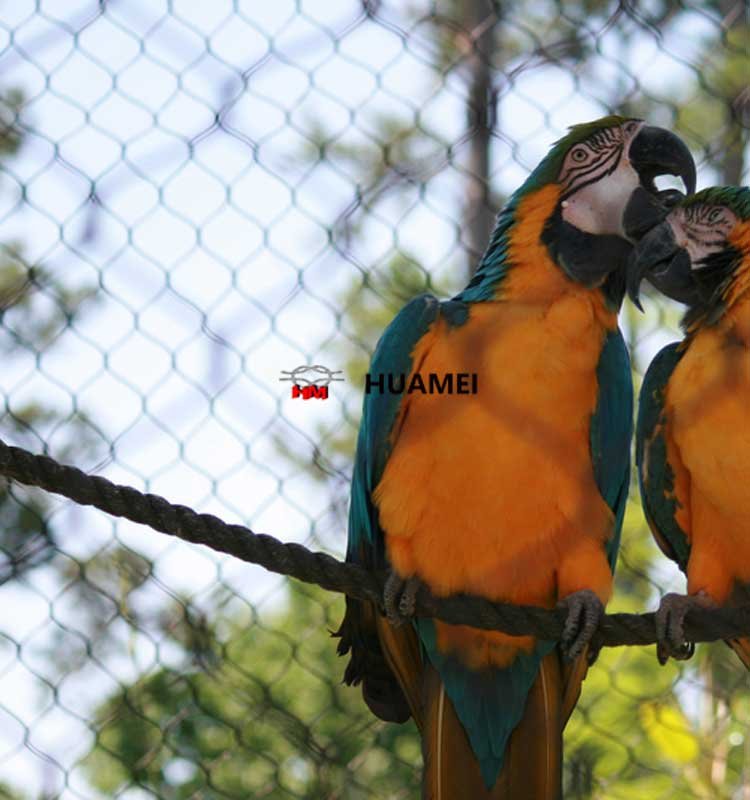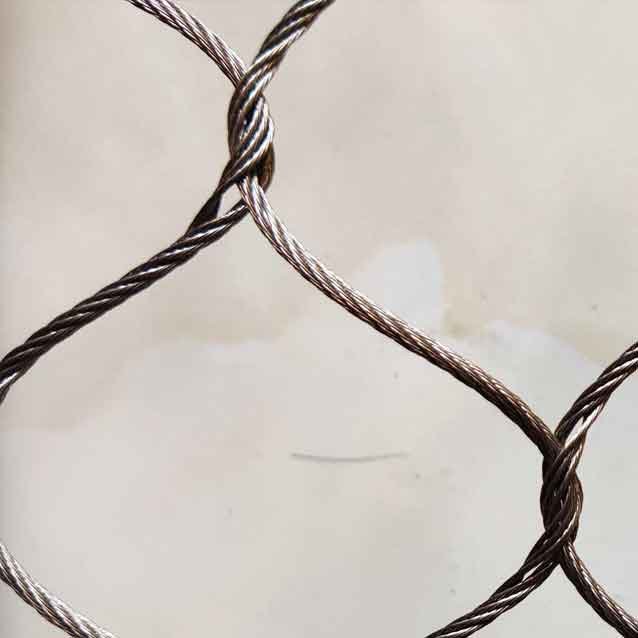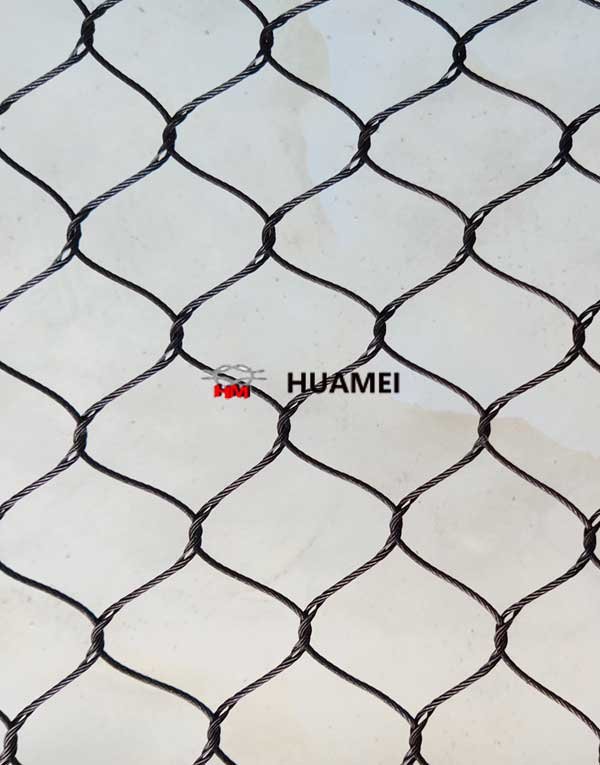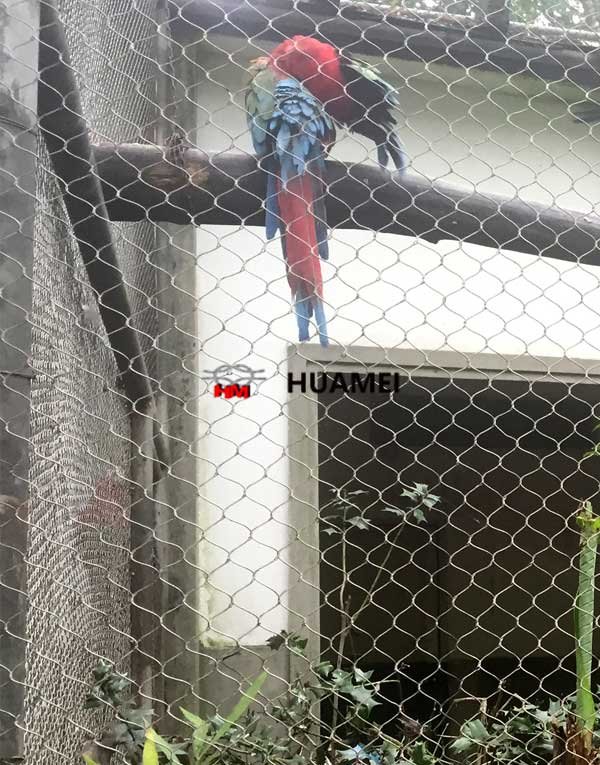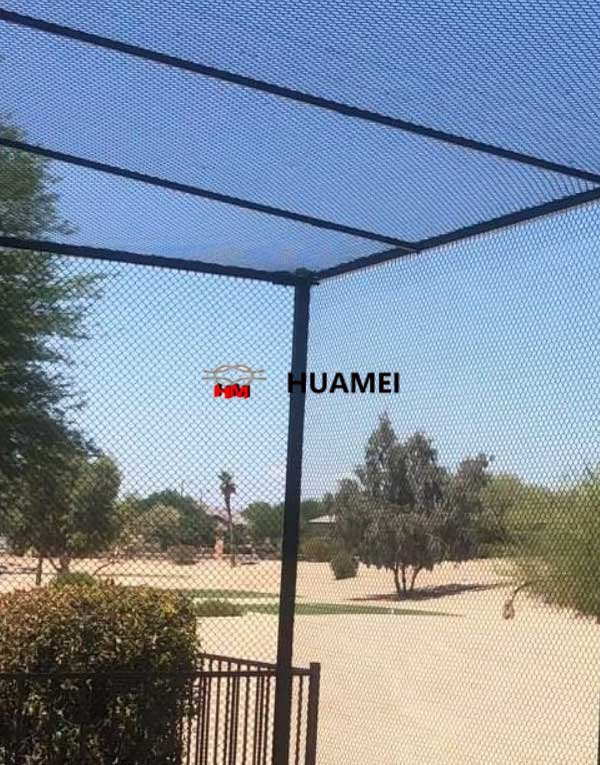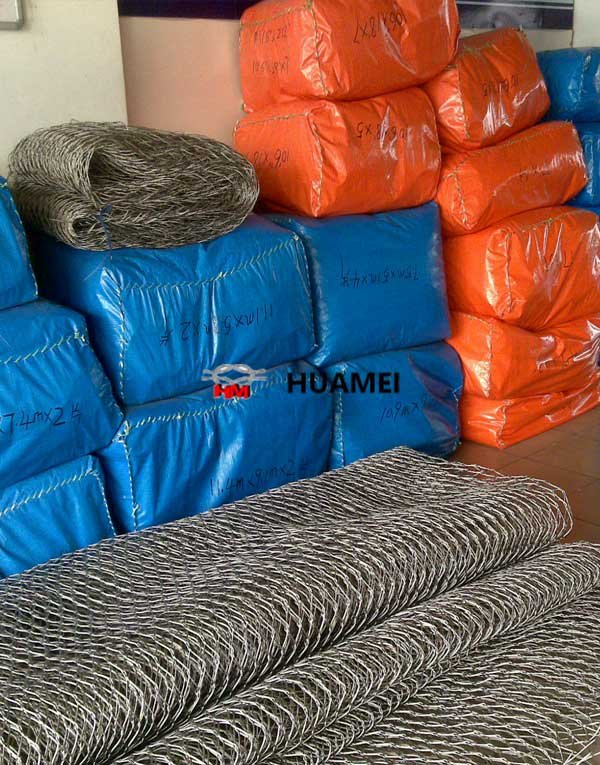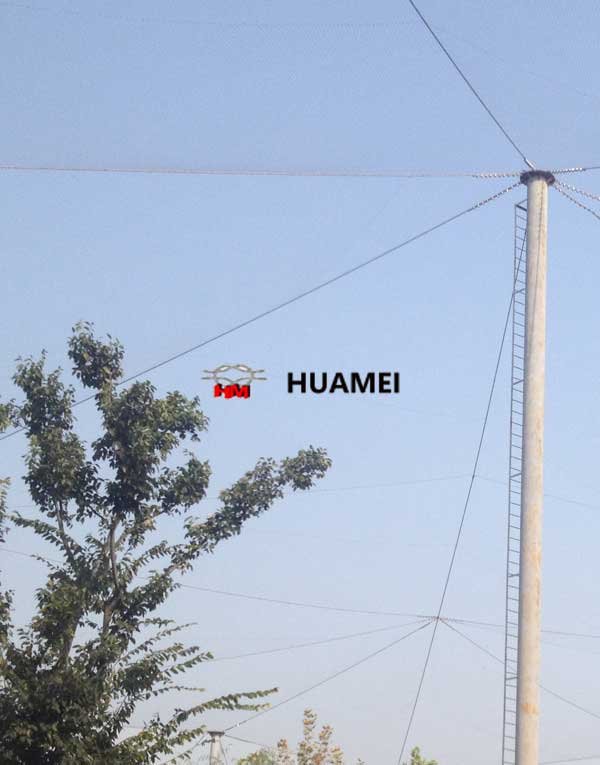Introduction to Macaw Care
Macaws, known for their striking colors and remarkable intelligence, are among the most captivating avian pets. Their vibrant plumage and engaging personalities make them a popular choice for bird enthusiasts. However, potential owners should recognize that macaws require a high level of care and commitment. These birds are highly social creatures with powerful beaks and a need for mental stimulation. As such, they thrive in an environment that supports their complex behavioral needs.
The importance of a suitable living space cannot be overstated when it comes to macaw ownership. A properly designed macaw cage serves not only as a physical shelter but also as a conducive environment for their wellbeing. Each macaw breed has specific space requirements; thus, choosing the correct dimensions for their cage is essential for both their comfort and health. A spacious cage allows them to spread their wings, climb, and engage in play, which are vital for physical and mental development.
In addition to size, the setup of the macaw cage plays a critical role in promoting a healthy lifestyle. The cage should include various perches, toys, and in some cases, swings to encourage activity and reduce boredom. Moreover, the material of the cage is also a fundamental consideration, as macaws are known to chew. Therefore, choosing durable and safe materials is paramount to ensure that the cage withstands their inquisitive nature while providing a safe haven.
As we delve deeper into the specifics in the subsequent sections, we will explore in detail the recommended size, setup, and materials of macaw cages. This information will guide prospective macaw owners in creating an environment that nurtures these magnificent birds, fostering their happiness and health throughout their lives.
